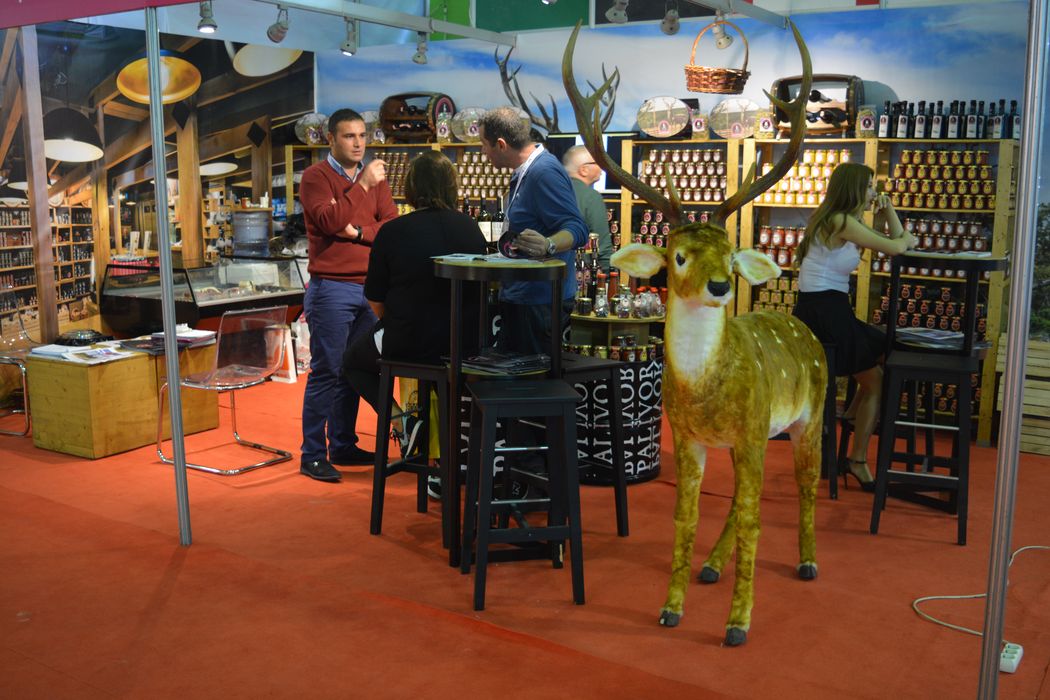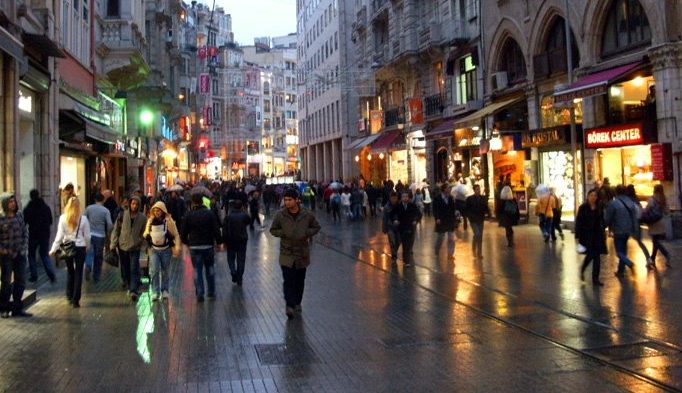The town of Mogadishu in Somalia
On leaving Zayla we sailed for fifteen days and came to Maqdasha [Mogadishu], which is an enormous town. Its inhabitants are merchants and have many camels, of which they slaughter hundreds every day [for food]. When a vessel reaches the port, it is met by sumbuqs, which are small boats, in each of which are a number of young men, each carrying a covered dish containing food. He presents this to one of the merchants on the ship saying “This is my guest,” and all the others do the same.
Each merchant on disembarking goes only to the house of the young man who is his host, except those who have made frequent journeys to the town and know its people well; these live where they please. The host then sells his goods for him and buys for him, and if anyone buys anything from him at too low a price, or sells to him in the absence of his host, the sale is regarded by them as invalid. This practice is of great advantage to them.
We stayed there [in Mogadishu] three days, food being brought to us three times a day, and on the fourth, a Friday, the qadi and one of the wazirs brought me a set of garments. We then went to the mosque and prayed behind the [sultan’s] screen. When the Shaykh came out I greeted him and he bade me welcome. He put on his sandals, ordering the qadi and myself to do the same, and set out for his palace on foot.
All the other people walked barefooted. Over his head were carried four canopies of coloured silk, each surmounted by a golden bird. After the palace ceremonies were over, all those present saluted and retired.
Ibn Battuta sails to Mombasa.
I embarked at Maqdashaw [Mogadishu] for the Sawahil [Swahili] country, with the object of visiting the town of Kulwa [Kilwa, Quiloa] in the land of the Zanj.
We came to Mambasa [Mombasa], a large island two days’ journey by sea from the Sawihil country. It possesses no territory on the mainland. They have fruit trees on the island, but no cereals, which have to be brought to them from the Sawahil. Their food consists chiefly of bananas and fish.The inhabitants are pious, honourable, and upright, and they have well-built wooden mosques.
Read More about Eumieus` Tale 2








